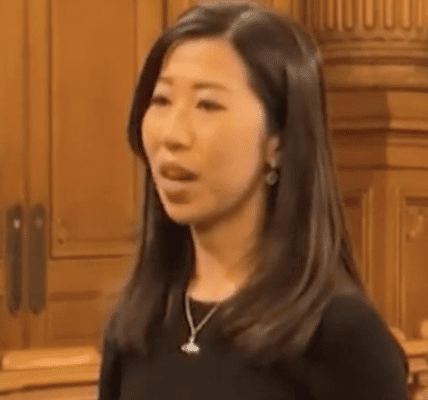Congressional Clash: Ronny Jackson’s Controversial Remarks Spark Debate on Political Discourse
The Fallout from Rep. Jackson’s Comments and the Impact on Congressional Dynamics
The halls of Congress reverberated with controversy as Texas Republican Rep. Ronny Jackson’s inflammatory remarks about fellow GOP lawmaker Rep. Chip Roy ignited a firestorm of debate and condemnation. Jackson’s comments, in which he labeled Roy a “major pain in the ass” and suggested he could benefit from a military-style beatdown, sparked outrage and raised questions about the state of political discourse within the legislative body.
The incident unfolded during an event for Rep. Mike Bost (R-IL), where Jackson was reportedly asked about rumors regarding Roy’s potential challenge to House Speaker Mike Johnson (R-LA). In response, Jackson’s comments took a startling turn, as he characterized Roy as a disruptive force within the Republican ranks and invoked imagery from the movie “A Few Good Men,” suggesting Roy could use a “code red” beatdown akin to the one depicted in the film.
The use of such language and imagery drew swift condemnation from across the political spectrum, with critics decrying Jackson’s remarks as inappropriate and inflammatory. The comparison to a fictional scenario involving violence only served to escalate tensions and underscored the increasingly contentious nature of political discourse in Washington.

In his response to Jackson’s comments, Rep. Roy sought to defuse the situation, describing Jackson as a “good friend” and downplaying the significance of the remarks. However, his measured response belied the underlying tensions simmering within the Republican Party, where internal divisions and power struggles have become increasingly pronounced.
The fallout from Jackson’s remarks extends beyond the interpersonal dynamics between lawmakers, raising broader questions about the state of governance and bipartisanship in Congress. Jackson’s suggestion of resorting to physical intimidation to resolve political disagreements reflects a troubling trend towards incivility and polarization within the legislative process.
Moreover, Jackson’s comments come at a time of heightened scrutiny over the role of political rhetoric in influencing public discourse and shaping policy debates. As elected officials, members of Congress bear a responsibility to uphold the principles of democracy and engage in constructive dialogue, free from personal attacks and inflammatory language.

The incident involving Jackson and Roy underscores the challenges facing lawmakers as they navigate the complexities of governance in an increasingly polarized political landscape. With competing interests and divergent ideological priorities, finding common ground and fostering bipartisan cooperation has become increasingly elusive.
In the aftermath of Jackson’s remarks, calls for accountability and reflection have emerged, with many urging lawmakers to uphold the values of civility and respect in their interactions with colleagues. The incident serves as a sobering reminder of the importance of fostering a culture of mutual respect and dialogue within the halls of Congress.
Moving forward, it is incumbent upon elected officials to rise above partisan divisions and work towards meaningful solutions to the pressing challenges facing the nation. While disagreements are inevitable in a democracy, the manner in which they are addressed and resolved speaks volumes about the integrity of the political process.
As Congress grapples with issues ranging from economic recovery to national security, the need for constructive engagement and principled leadership has never been greater. Jackson’s remarks serve as a wake-up call for lawmakers to prioritize civility and cooperation in their pursuit of the common good.
Read More News:
In the end, the true measure of political leadership lies not in the ability to silence dissent or intimidate opponents, but in the willingness to engage in meaningful dialogue and find common ground in service of the American people. Only through a commitment to mutual respect and collaboration can Congress fulfill its duty to govern effectively and uphold the ideals of democracy.




